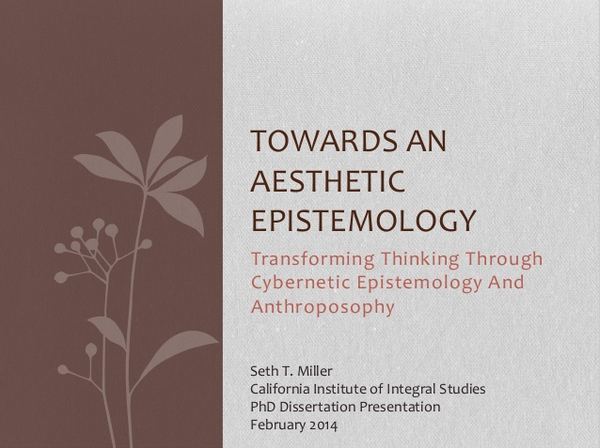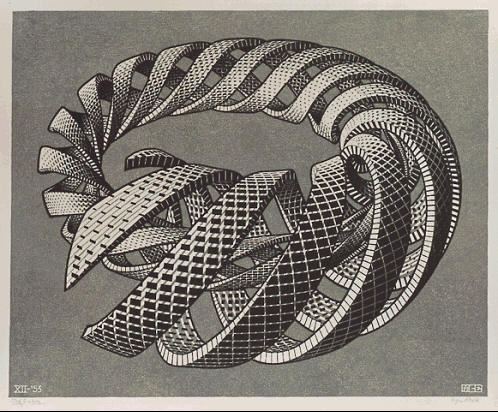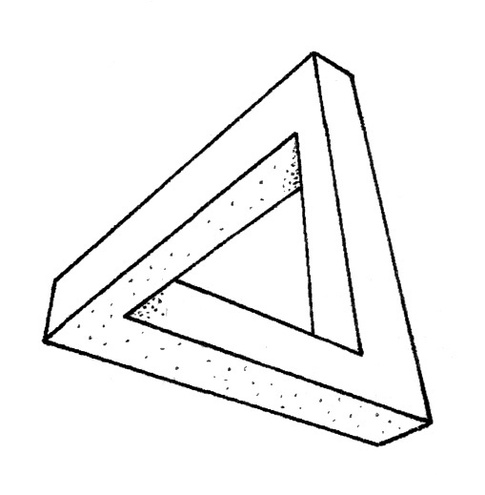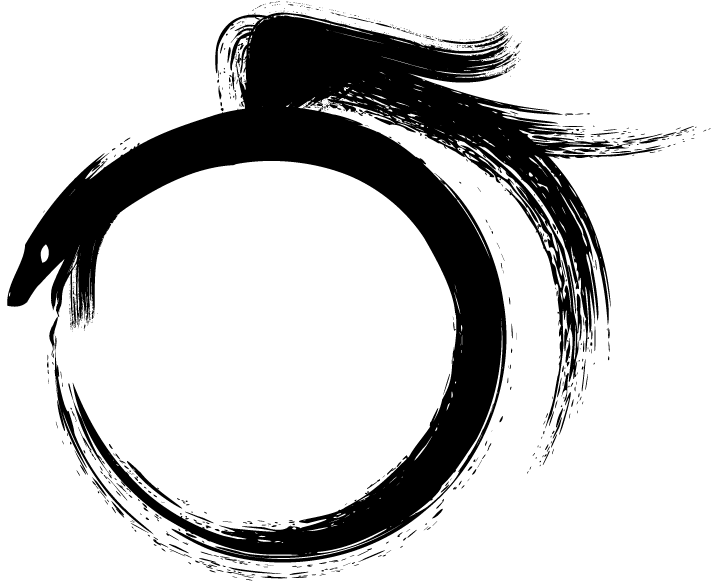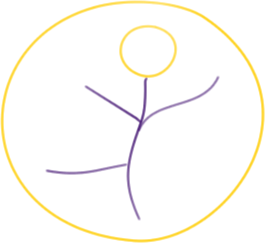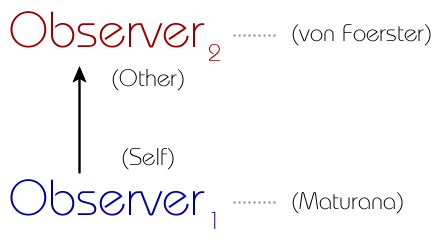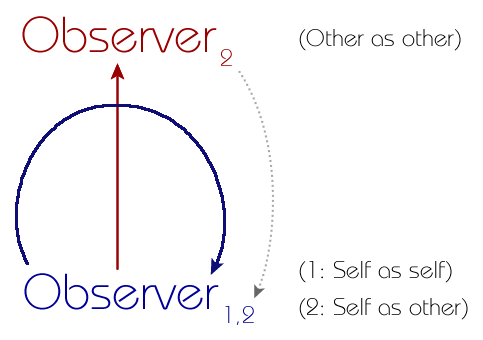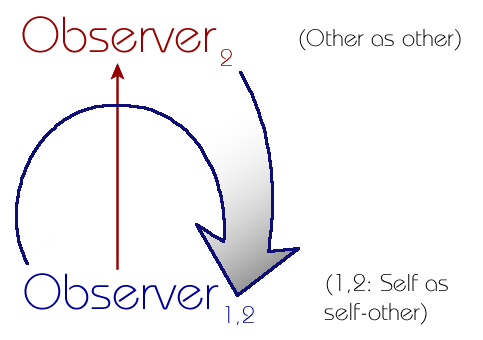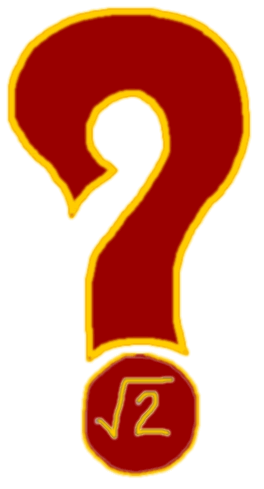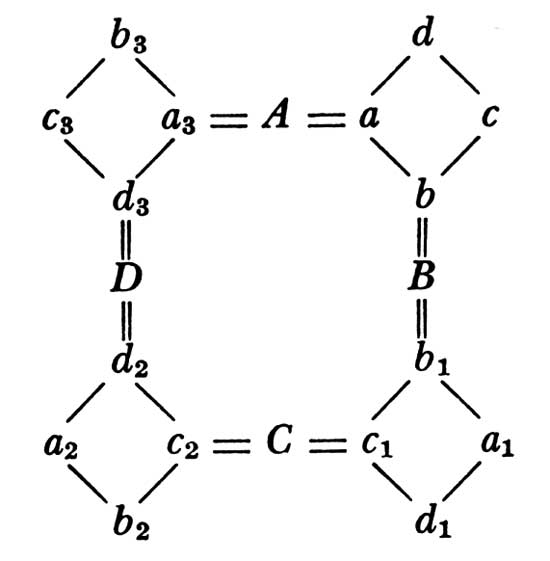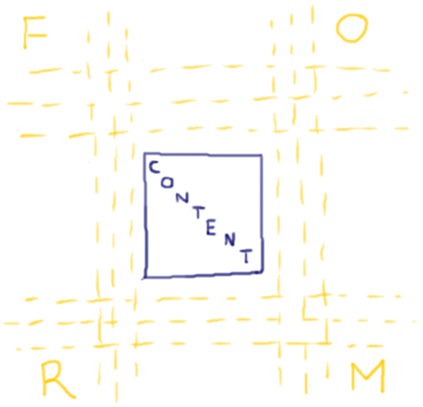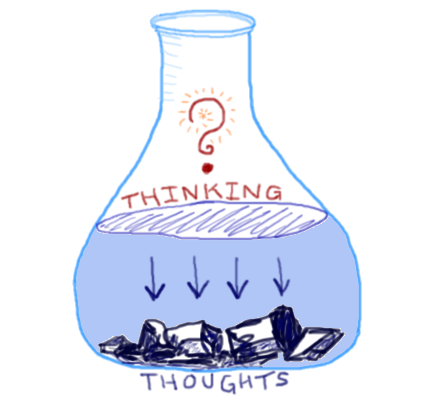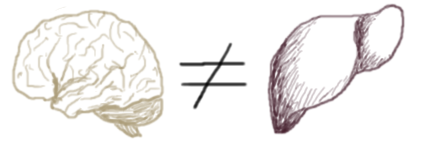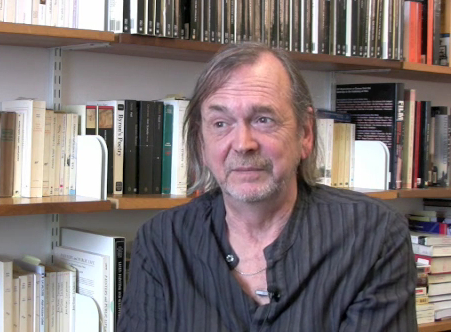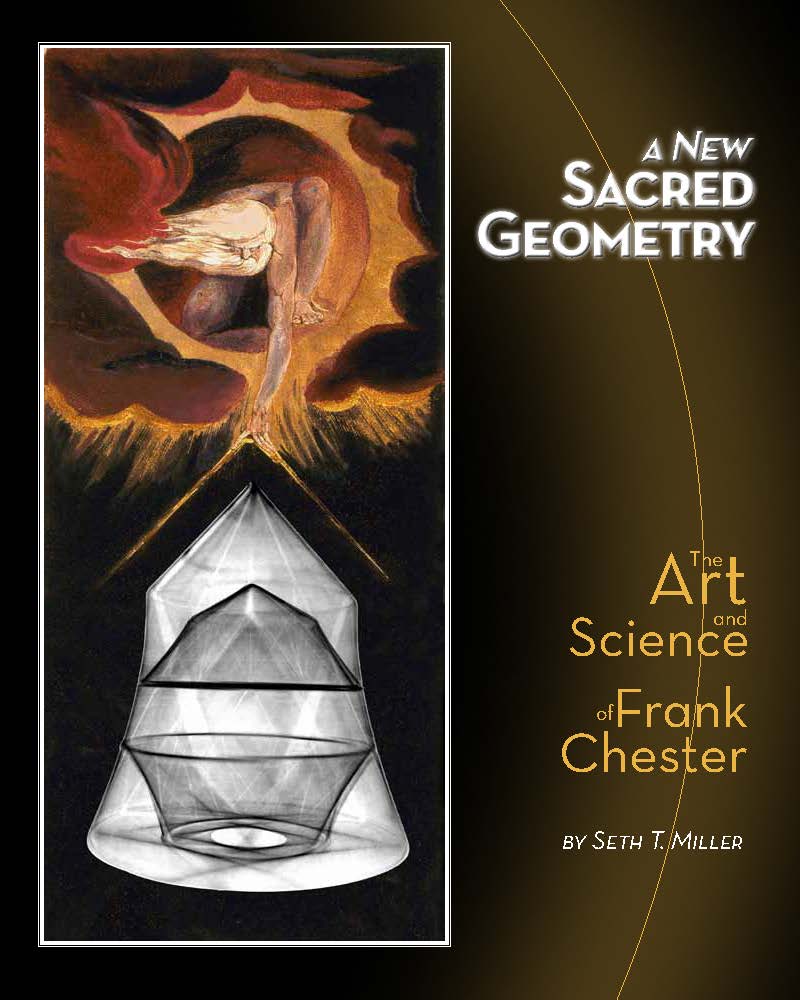Feb
13
2014
In February 2014 I successfully defended my PhD dissertation, titled "Toward an Aesthetic Epistemology: Transforming Thinking through Cybernetic Epistemology and Anthroposophy."
The following is the abstract and a slideshow presentation that pulls out the crux of my arguments.
Abstract
The complexity, subtlety, interlinking, and scale of many problems faced individually and collectively in today’s rapidly changing world...
Aug
06
2013
Let’s get right to it, shall we?
With respect to ontology, let us say that there is no “it,” no independent reality that is exclusive of the observer. This is a basic insight from second-order cybernetics: the observer must always be included in the observed. Despite this, of course, we do have much talk and...
Jun
24
2012
Gregory Bateson (1991) famously said that we “cannot claim to have no epistemology. Those who so claim have nothing but a bad epistemology” (p. 178). Bateson is calling for self-reflection in our epistemology. He wants it to be recursive, so that in our production of knowledge we do not delude ourselves into thinking that...
Apr
15
2012
All epistemologies are observer-dependent; i.e. there is no single epistemology that applies to all possible observers, because every observer is unique in some way. The necessary inclusion of the observer in any description of the world is a deeply obvious and yet profound principle. It was neatly expressed in Heinz von Foerster’s article Cybernetics...
Jan
22
2012
All the qualities of the physical world exist through the interrelations of things to each other. What Moleschott says is correct for physical existence: 'All existence is an existence through qualities. But there is no quality that does not exist through a relation.' Just as everything of a soul nature contains something in itself...
Jan
21
2012
Abstract
This essay outlines connections between the Elemental Cycle as an archetype of transformation, transdisciplinarity, and cybernetics. A number of questions are addressed: the nature and importance of connecting these fields, an examination of resources and the dominant disciplinary discourses for the associated fields, and a critical examination of my assumptions, beliefs, and position.
Introduction
How often...
Jan
12
2012
Form and Content
Understanding change is a very difficult task. No aspect of our world, either experienced outwardly through our senses or inwardly through our feelings and thoughts, seems exempt from the paradoxical rule that the only constant is change. It is possible to examine the way change occurs at many levels. At the “lowest”...
Oct
29
2011
http://vimeo.com/10929373
This is a great interview with Professor Andrew Pickering, University of Exeter, author of The Cybernetic Brain: Sketches of Another Future.
It gives a nice introduction to some key aspects of cybernetics. He doesn't make much of a distinction between first and second-order cybernetics, but it is a great presentation. Some highlights (in note form,...
Sep
13
2011
(New readers will want to start with the first installment.)
We ended the last installment by discussing the esoteric nature of the injunction. We continue this exploration, and bring this series to a close.
LoF p. 81
In the command "let the crossing be to the state indicated by the token" we at once make the token doubly meaningful, first...
Sep
06
2011
(New readers will want to start with the first installment.)
We ended the last installment with a recognition that the Laws of Form naturally led GSB to an understanding of both the necessity and importance of the realm of imaginary numbers. We will continue this elaboration.
You are likely familiar with the paradoxical sentence: "This sentence is...
Aug
30
2011
(New readers will want to start with the first installment.)
We ended the last installment having come to realize something of the esoteric significance of the taijitu, or yin-yang, form, in something of an extended tangent. We return now to the text.
GSB himself seemed to understand the importance of the Laws of Form, even if there...


